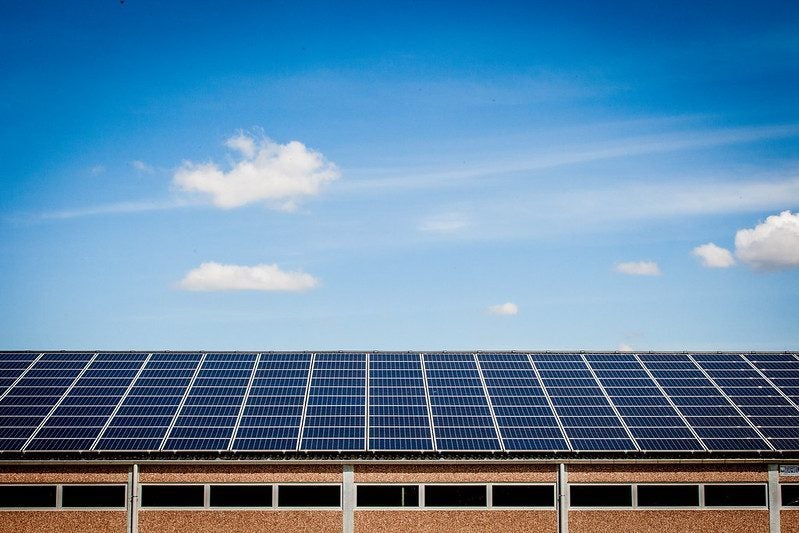
Greenpeace and the Austrian Federal Association of Photovoltaic Energy have said that the Austrian government’s new plan to equip one million roofs with solar panels might not be enough for Austria to source 100% of its electricity from renewable sources by 2030.
Photovoltaic Austria CEO Vera Immitzer told Power Technology that photovoltaic power must be increased tenfold if the government wants to achieve its goals.

Discover B2B Marketing That Performs
Combine business intelligence and editorial excellence to reach engaged professionals across 36 leading media platforms.
She said: “In order for the roofs to actually be used, the administrative requirements and the PV obligation for new buildings must also be observed. This can only be done via appropriately large systems, in parking lots as well as fallow and open spaces.”
The plan, presented by the coalition government formed of the conservative Austrian People Party and the Green Party, aims to provide 11 terawatt-hours (TWh) of solar energy by 2030, in an attempt to achieve climate neutrality by 2040. If implemented, this would mean increasing almost tenfold the production of renewable energy, as at the moment renewables provide only 1.4TWh of power, covering 2.5% of the country’s energy demand.
According to Greenpeace climate and energy expert Jasmin Duregger, legislation is required if the government want to be successful.
She said: “To succeed, the plan requires solid and extended renewable energy legislation that provides the funding required, enough land space and rooftops to build the panels, as well as the support of house owners.

US Tariffs are shifting - will you react or anticipate?
Don’t let policy changes catch you off guard. Stay proactive with real-time data and expert analysis.
By GlobalData“Only an effective energy-efficiency law can guarantee, that we not only cover rising energy demand with solar power but also replace and phase out fossil fuels.”
SolarPower Europe CEO Walburga Hemetsberger said that other EU countries might follow into Austria’s footsteps and invest in solar power.
“We expect to see more of this kind of bold action as the 2020s are set to be a ‘solar decade’, with EU countries increasingly opting for solar to meet the 32% renewable energy target by 2030,” Hemetsberger said.
“Our European Market Outlook shows that the EU solar market will continue to increase, breaking records for installations in both 2022 (24.3 GW) and 2023.”





